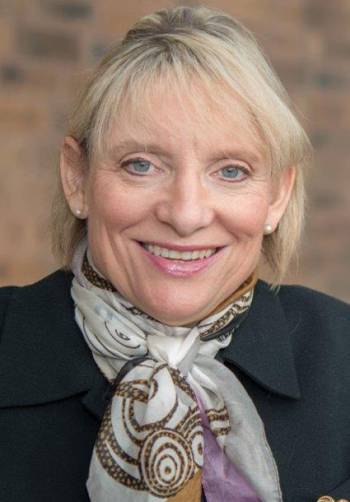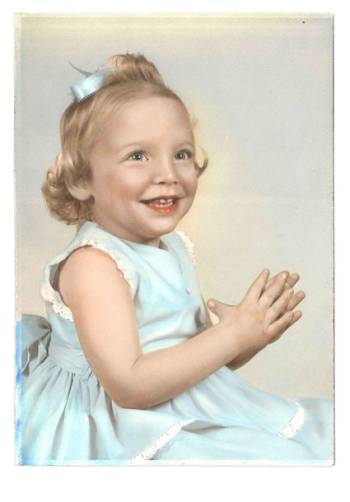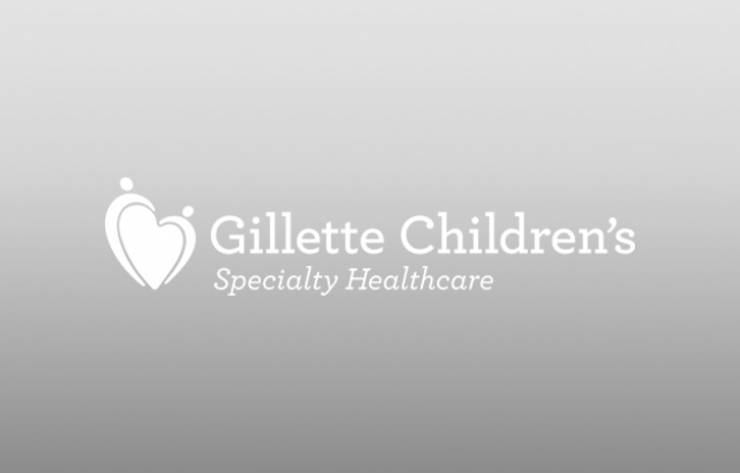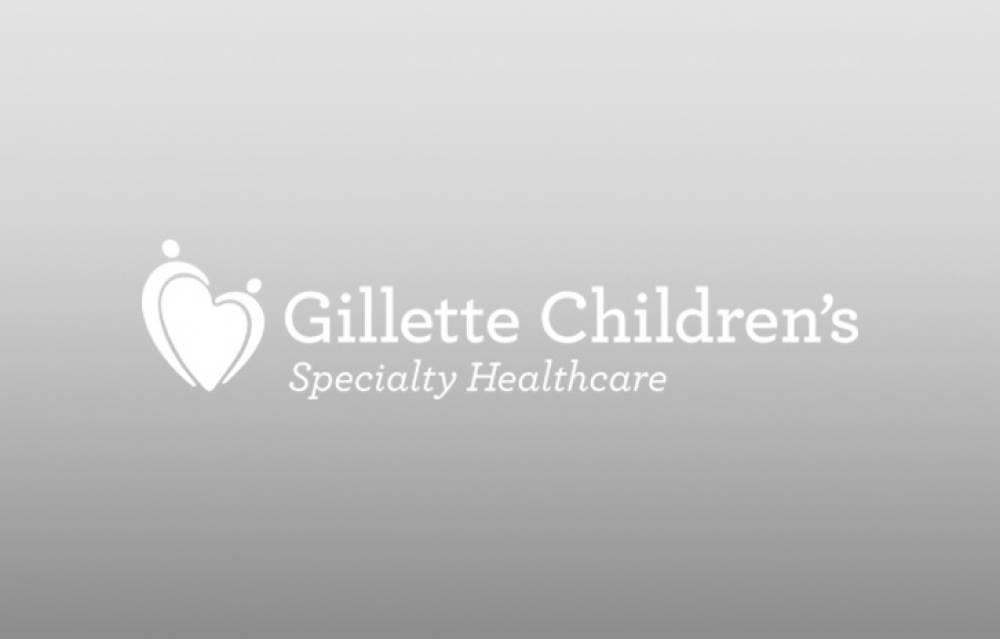-
{care_team_members status="Open|hide from care team page"}
-

{care_team_members:ct_first_name} {care_team_members:ct_last_name}
{care_team_members:ct_full_title}
{/care_team_members}
person:channel_short_name: {person:channel_short_name}
person:
title: {person:title}
-
{links}
{/links}
No category selected to display locations. Locations Dynamic
-
{locations}
- {locations:title} {/locations}
-
{widget}
{widget:widget_content}
- {widget:widget_content:tab_title} {/widget:widget_content} {/widget}
Editor’s Note: Gillette Children's employee Rachel Wobschall is featured in the July 31 Sunday New York Times. We’re proud to have her incredible talents here at Gillette. Please read the newspaper article as well as this piece published earlier this year.
What path led you to Gillette?
I have always had the great fortune to work for mission-driven organizations. When an opportunity opened up within Gillette, it was natural for me to see if there was a fit. Lucky for me, they were looking for someone with experience in advancement, advocacy and public policy. In my role, I have the opportunity to help people discover what is extraordinary about Gillette and encourage them to share their time, talent and treasure with us.
Do you have a favorite Gillette m emory?
emory?
Not so much a specific memory, but rather the really fantastic people I have come to know through Gillette. I have been an employee since October of 2015, but my association with Gillette began in 1987 when I was working with the Minnesota Governor’s Advisory Council on Technology for People with Disabilities/STAR program. At that time, we contracted with Gillette to provide mobile outreach and orthotics, prosthetics and seating services, and consumer action networks throughout Minnesota. Later, I was invited to serve on the Gillette Board of Directors for six years. Through these associations I have developed some truly wonderful lifelong friendships.
What’s the best advice you ever received?
I have had the opportunity to know and work with remarkable and admirable people. I have benefitted from wise counsel on many occasions. Some of their best advice has included: cultivate curiosity, take the long view, follow through, do your homework (both in school and in life), no is not yet a YES, success is a group effort—ask for and acknowledge help, listen, practice gratitude, and be gracious. Last but not least, have the courage to stand up for or trust yourself if you are facing a challenge. Because chances are, others are too.
Looking back on childhood, are there any important life lessons you learned early on?
Our next door neighbor told me that, as a child, she thought it was cruel that my parents did not help me up when I fell. Later in life, she saw the wisdom in this. She felt that I learned to pick myself up physically, emotionally and psychologically as well. (In my parents’ defense, the worst injury I sustained was a pair of frequently skinned knees!) An advantage of having a d isability is learning that there are some things you cannot do in the “usual” way and developing a way to do those things you want to do another way. It really opens one up to some creative problem solving. It is a skill I use every day in all areas of my life.
isability is learning that there are some things you cannot do in the “usual” way and developing a way to do those things you want to do another way. It really opens one up to some creative problem solving. It is a skill I use every day in all areas of my life.
How has cerebral palsy influenced your life since childhood?
I have always considered cerebral palsy to be one of my attributes or characteristics, but not THE defining characteristic, of who I am. Since I am physically and intellectually able to bridge the disability and “able-bodied” world, others have suggested that I serve as an advocate or spokesperson. Early in my career, I struggled with the notion that I would always be in the disability field until I realized that I had an opportunity to learn some really important life lessons, develop some useful management and leadership skills, meet some great people, and have extraordinary experiences. Ultimately the skills I developed led to other career opportunities that did not focus on my perceived disabilities.
What advice would you have for parents of a child who has cerebral palsy?
Your child is first and foremost a child. Their cerebral palsy is only one of their unique characteristics. Focus on your child’s strengths. Your approach and attitude are great teachers. You are more powerful than you know.
What advice would you give teens who have cerebral palsy?
During your teens, take the time to learn about things that you like or are interested in. You do not have to do things perfectly. It’s also a time to look at how others have made choices in life. Look at your parents, siblings, adult friends, teachers, coaches, doctors and therapists. Ask them about what they did as teens and young adults. What path did they take? What were their best experiences? Did they make mistakes? How did recover, or did they change course? Who were their heroes or mentors? Most people are happy to share their experiences with you.
Using myself as an example, I became active in student council in high school and I was ultimately elected as an officer in state-level student council. Through that experience, I learned a lot about government and met people that led me to become a political science major in college and, later, land a job in the governor’s office. Trying new things in my teens resulted in experiences that provided a great foundation for my current career.
Make a difference in the lives of Gillette kids today by donating.



